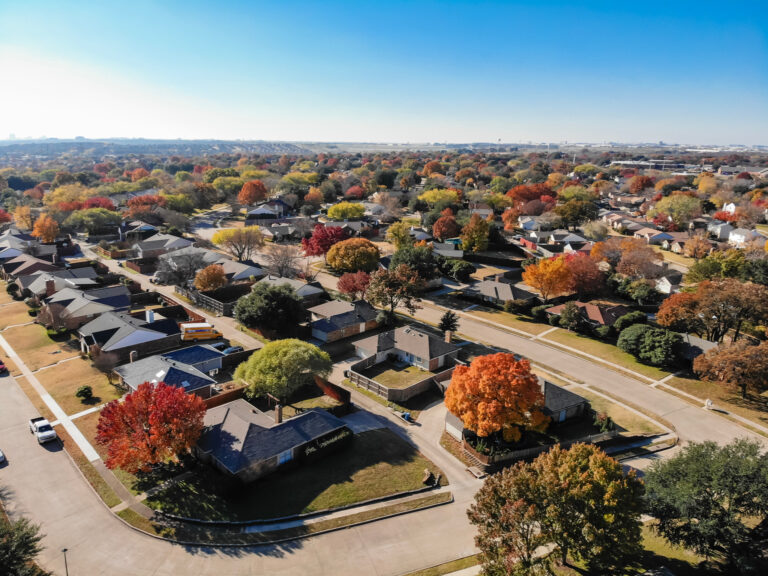
In the realm of real estate, the term ‘REO’ is a unique one. It stands for Real Estate Owned, a term that refers to properties that have been foreclosed upon and repossessed by the lender or financial institution. These REO properties, unlike others, become available for sale after unsuccessful foreclosure auctions, offering a distinct opportunity for buyers and investors. For instance, a two-bedroom apartment in [city name] or a suburban house in [neighborhood name] could be examples of REO properties. Let’s delve into what makes REO in realty unique, how it differs from other properties, and what buyers should know when considering REO purchases.
When a homeowner defaults on their mortgage payments and cannot resolve the delinquency through loan modification or refinancing, the lender may initiate foreclosure proceedings to reclaim the property. This process involves several steps, including a notice of default, a public auction, and a redemption period. If the property fails to sell at auction, it becomes real estate owned, or REO, and reverts to the lender’s ownership.
REO properties differ from other types of properties on the market in several ways. Unlike traditional sales, where the seller is typically a homeowner or investor looking to sell their property, REO sales involve a lender or financial institution as the seller. As a result, the negotiation and purchase process for REO properties may differ from standard real estate transactions.
One of the primary advantages of purchasing an REO property is the potential for acquiring real estate at a discounted price. Lenders are motivated to sell REO properties quickly to recoup losses and minimize holding costs, creating opportunities for buyers to find properties below market value. Additionally, REO properties are often sold ‘as-is,’ meaning buyers may have the chance to purchase properties at a reduced price and invest in renovations or repairs to increase their value. This can be a significant advantage for buyers who are willing and able to invest in property improvements, as it can potentially lead to a higher return on investment in the future.
However, it’s important to note that purchasing an REO property is not without its challenges and considerations. Since REO properties are typically sold in their current condition, buyers should be prepared for potential maintenance issues, repairs, or renovations that may be necessary to bring the property up to standard. Additionally, REO transactions may involve additional paperwork and requirements compared to traditional real estate purchases, as lenders seek to mitigate risks and protect their interests. Some potential risks include hidden liens or encumbrances on the property, unknown structural issues, or difficulties in obtaining clear title.
When considering purchasing an REO property, it’s absolutely essential to conduct thorough due diligence. This includes assessing the property’s condition, title status, and potential risks. The expertise of real estate professionals, such as real estate agents specializing in REO properties and home inspectors, is invaluable in this process. They can help you evaluate the property and navigate the purchase process effectively, ensuring you make an informed decision and feel confident in your investment.
When pursuing REO properties, it’s important to be prepared for competition. These properties are often in high demand due to their affordability and investment potential. To increase your chances of success, consider submitting a competitive offer, being flexible with terms, and demonstrating financial readiness. This proactive approach can significantly enhance your prospects of acquiring an REO property.
In conclusion, REO, in reality, refers to properties that have been foreclosed upon and repossessed by lenders or financial institutions. While REO properties present opportunities for buyers to acquire real estate at discounted prices, they also come with considerations and challenges. Buyers should conduct thorough due diligence, work with experienced professionals, and be prepared for potential competition when pursuing REO purchases. The ‘REO market’ refers to the market for these properties, which is often characterized by a high volume of properties for sale, competitive bidding, and a fast-paced sales process. With careful planning and guidance, buyers can navigate the REO market and find opportunities to achieve their real estate goals.











































